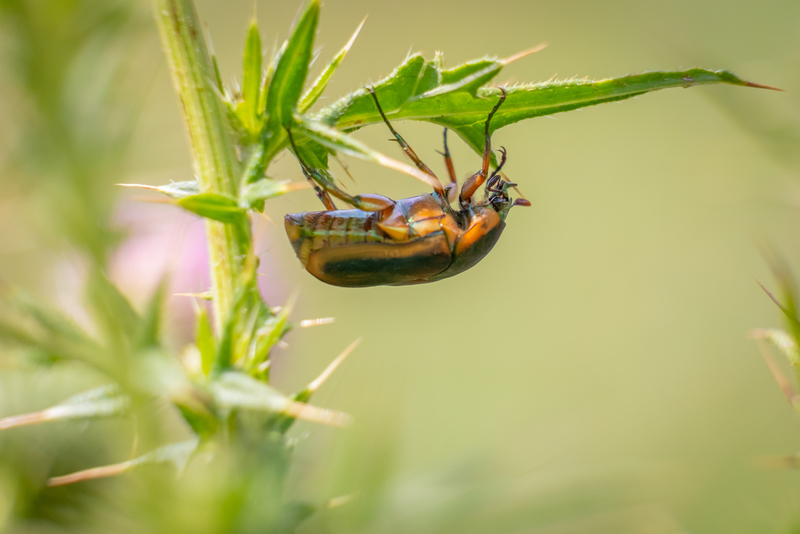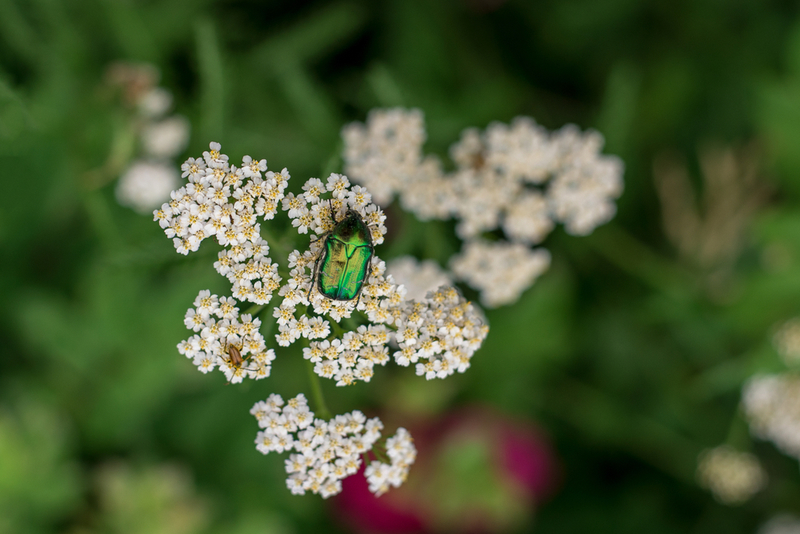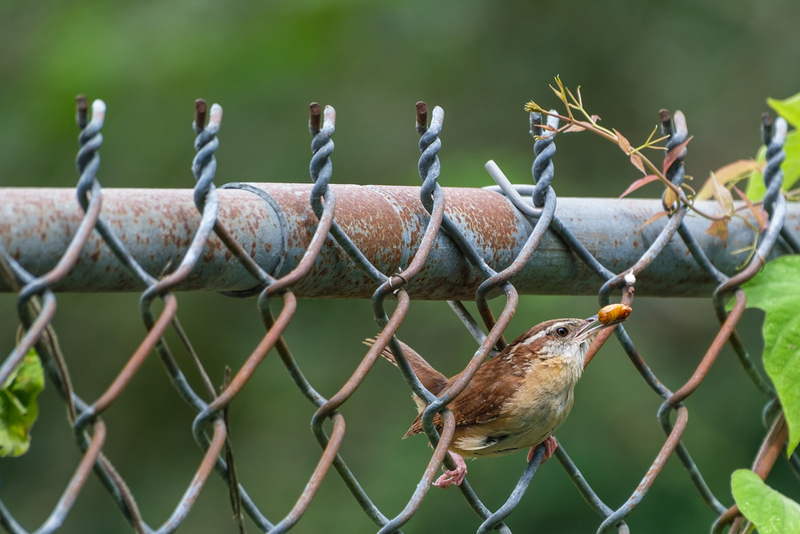We’ve all heard of the saying “one man’s trash is another man’s treasure.” Well, while june bugs may be considered to be pests to humans, they’re a tasty treasure trove of nutrients for animals.

Although not as bothersome as itching bump-inducing mosquitoes or stinging wasps, june bugs may nonetheless cause havoc in the late spring. These beetles are part of the Scarabaeidae (scarab) beetle family, with over 35,000 species, 300 of which are North American june beetles. They are roughly a half-inch (1.27 cm) in length and reddish-brown in hue.
Phyllophaga is the scientific name for this genus, which means “leaf eater” in Greek. These insects are sometimes known as May bugs since they appear at various times, depending on where they reside. A few june bugs fluttering about isn’t a huge problem. They’re just a little bothersome, to be honest. Adults may be a nuisance in the late hours for most people since they are clumsy flyers who may crash with people, doors, windows, and other items. June bugs are nocturnal, eating at night to evade their numerous predators, which is why they become a problem as the sunsets. They are also drawn to light, so they smash the windows.

They are not dangerous to humans since they do not bite or sting; nonetheless, numerous species may cause significant damage to crops, grass, and ornamentals. This is particularly probable if you’re dealing with a Japanese beetle infestation related to june bugs. These bothersome bugs love to chew flowers, fruit and leaves to mush. The majority of the time, though, the biggest issue with june bugs happens well before they learn to fly.
These “white grubs” dwell in the soil as larvae, feeding on the roots of plants and turf grasses. Golf courses and lawns will suffer as a result of this. The bright side is that this grub stage is the easiest to combat. In the early summer, lawn areas may be treated with granular treatments branded for grub management, which will limit grass damage.

Fortunately, these beetles have a plethora of natural predators that are common in an everyday suburban landscape: snakes, spiders, frogs, birds, bats, and mice all think june beetles are delicious. June Bugs also pack a powerful protein punch when eaten. So it’s a win-win. Your garden will be cleared of the insects while their predators get in a nutritious nibble.